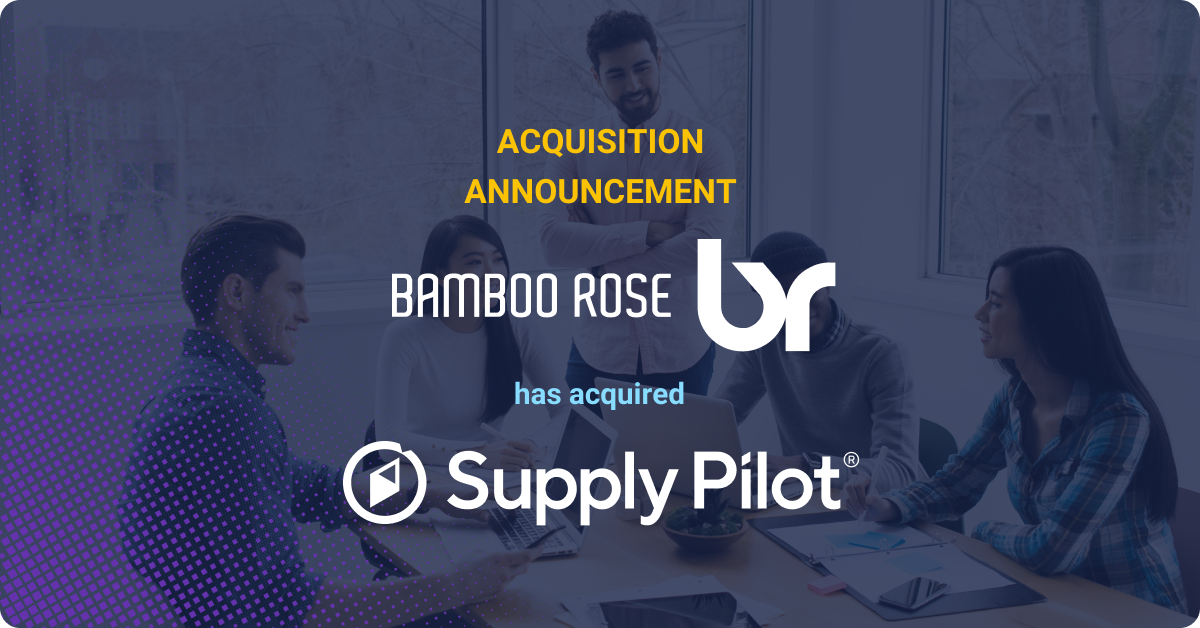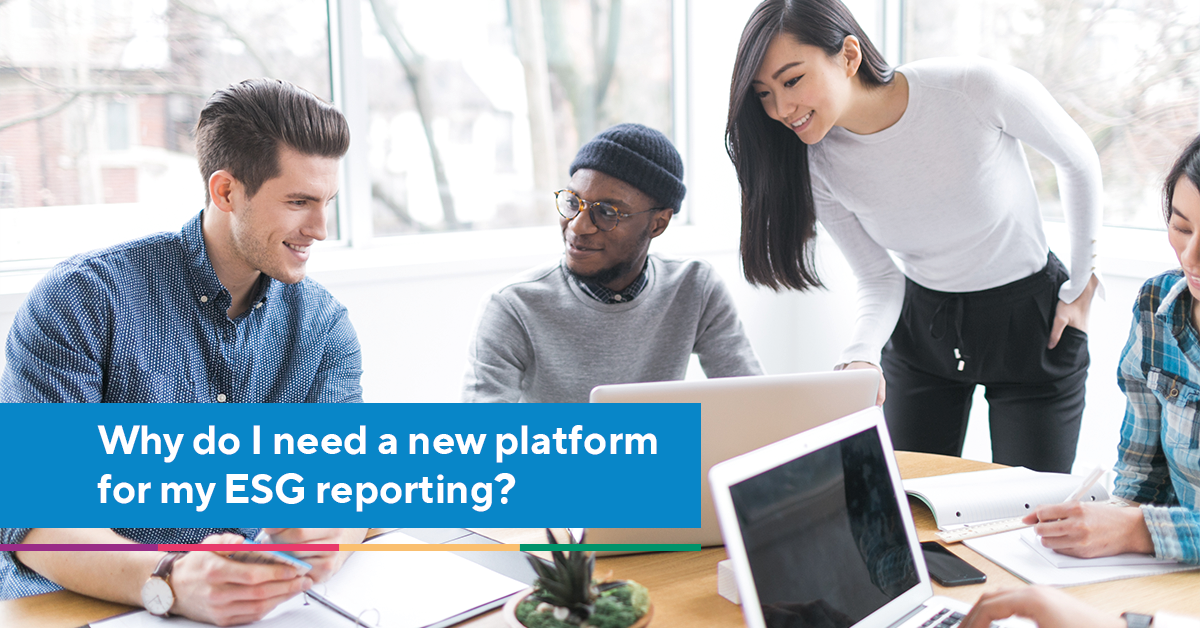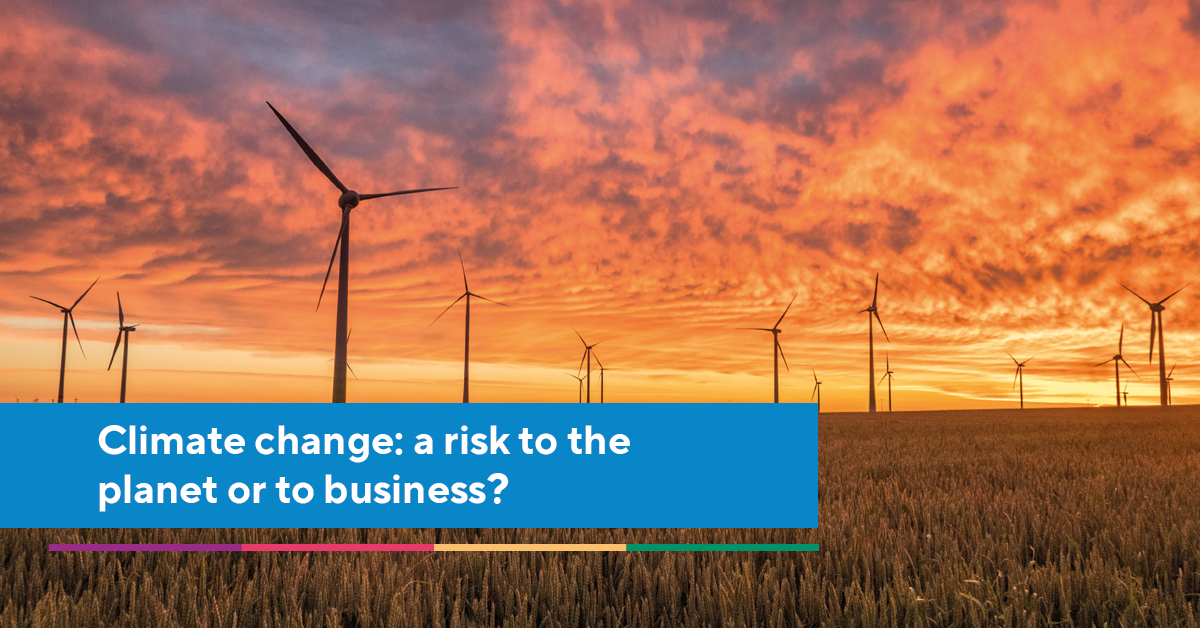Whilst Climate Week NYC 2022 gave some fantastic insights into how some companies have made progress towards climate targets, it became very apparent that we need to quicken our pace when it comes to ‘getting it done’.
It was also evident that the biggest challenge that companies are currently facing is understanding and reducing their main culprit of emissions: Scope 3. This was especially highlighted by Estee Lauder, who have already committed to science-based targets and made tangible progress on their Scope 1 and Scope 2 emissions. But similar to so many other brands, over 97% of their emissions come from their supply chain. Tackling Scope 3 is much more complex than managing direct emissions as it is not under a business’ direct control. This highlights the need for businesses to shift their focus towards engaging suppliers around sustainability and Scope 3 emissions as a matter of urgency.
Not only do businesses need to engage suppliers to request emissions data, but they need to prioritise understanding where suppliers are on their journey, listening to their pain points and barriers to becoming more sustainable and responsible, and ultimately support suppliers through change. For example, when Estee Lauder started to engage suppliers around carbon emissions, they identified a huge gap in suppliers’ knowledge and education. What was really revealing was that the gap in knowledge was prevalent no matter the size, industry, or geography of the suppliers. This is indicative of a much larger problem which is the lack of skills and knowledge across the globe when it comes to sustainability. However, brands and retailers should not be one to neglect this knowledge gap when it comes to engaging suppliers with sustainability initiatives. They need to increase their efforts to understand their suppliers’ climate literacy, recognise where they are on their sustainability journey, and provide the necessary support to help them improve.
In addition to this, too many companies also decide to focus solely on their larger or more strategic suppliers when it comes to tackling Scope 3. However, this approach fails to recognise the need to engage a broader supplier audience with enough time to meet rapidly approaching climate targets. Without engaging those smaller, perhaps less responsive suppliers, they will be left behind and will require more support and education later on. This will hinder progress towards targets.
Casey Herman (PwC USA) said in his article running into Climate Week NYC that “measuring and tracking Scope 3 emissions may be tricky, but companies don’t need to do everything at once to make meaningful progress.” At Supply Pilot, we believe that if companies engage all of their suppliers, then together, they can make marginal gains that will accumulate over time. Innovation is born out of engaging and collaborating with suppliers more effectively, and this can lead to Scope 3 reductions elsewhere in the supply chain.
In short, businesses need to engage (and educate) all of their suppliers if they are to maintain momentum on sustainability and mitigate risk in a volatile economy. Without championing supplier engagement and playing a proactive role in supplier development, it becomes impossible for businesses to achieve net zero and climate targets.
Early next month on 6th – 7th October, I am delivering a talk at Private Label Manufacturers Association (PLMA)’s Sustainable Store Brands event. I will be joined by many retailers, suppliers, and industry experts at the event to discuss sustainability, alliance development, packaging, sourcing, innovation, social responsibility, and many other important initiatives.
For more information about the event: https://www.plma.com/events/sustainable-store-brands/speakers




